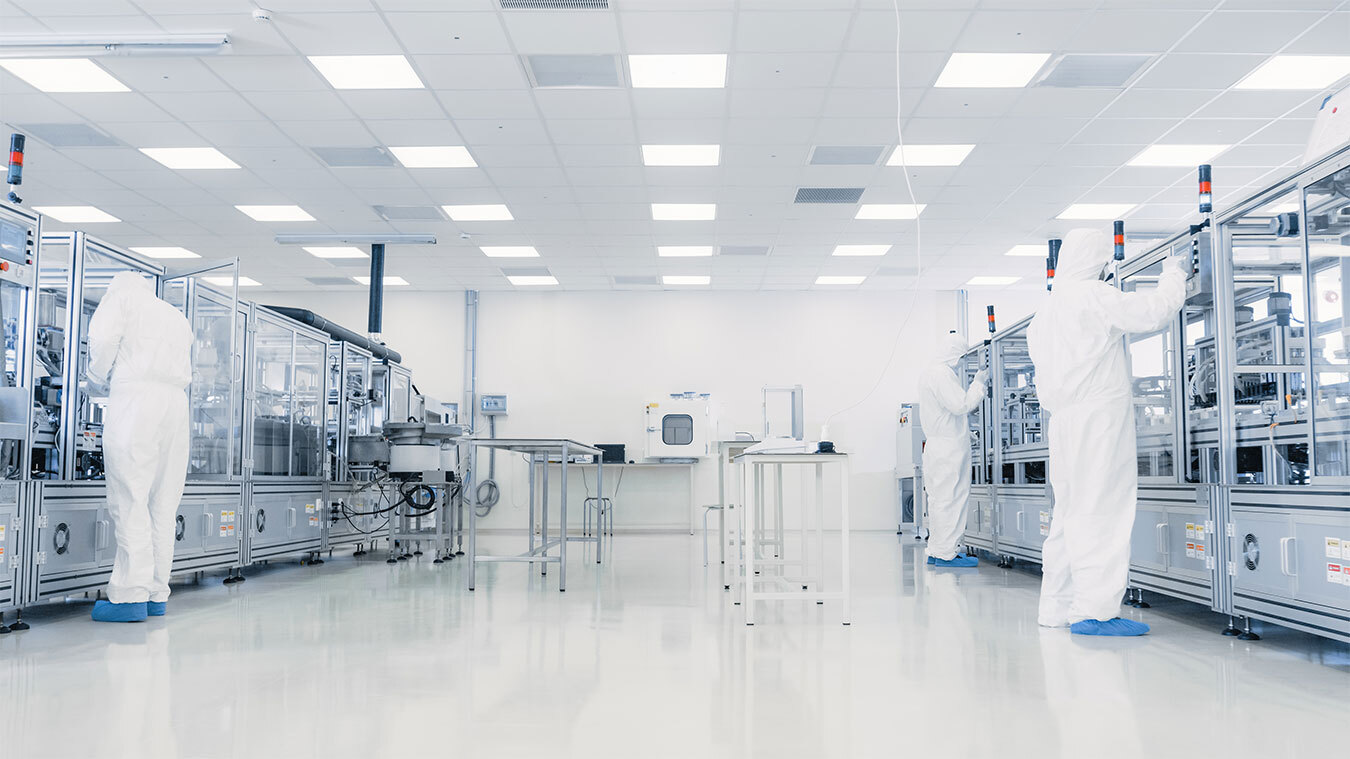Chlorinated VOC removal in the pharma sector
Methylene chloride, or dichloromethane (DCM), is a solvent with a wide variety of applications in sectors as varied as food and aviation. In the pharmaceutical industry, it is used to extract chemicals from plants or foods for medicines such as steroids, antibiotics and vitamins. However, it is toxic to human health, with the known potential to irritate the skin and damage the central nervous system. Therefore, air emissions containing DCM are subject to stringent controls, which vary between countries and industries. Activated carbon is a highly effective method for purifying air emissions of DCM, used either on its own or to ‘polish’ emissions that have already been treated through e.g. cryogenic condensation.




